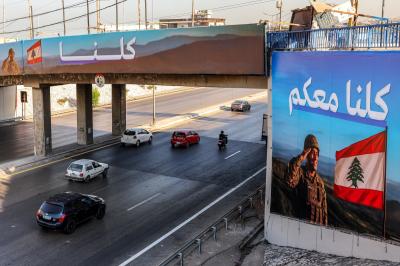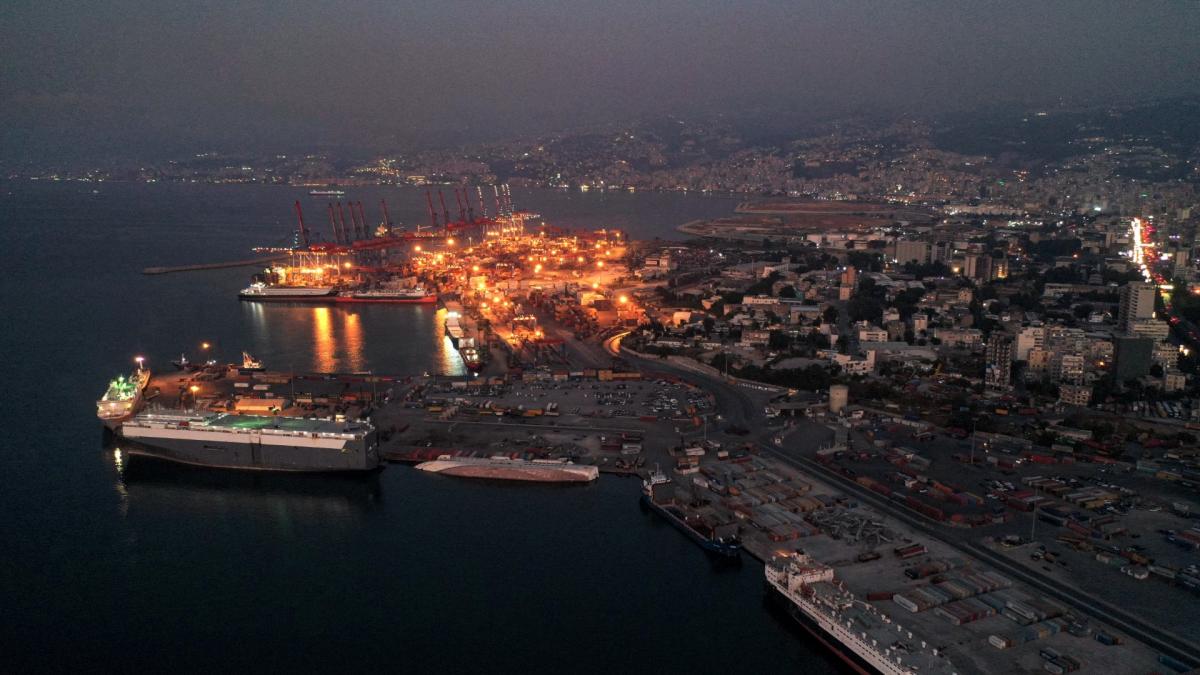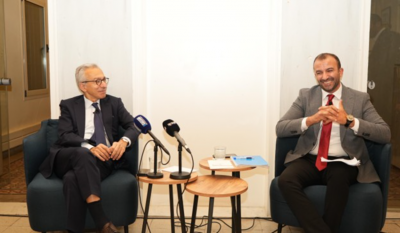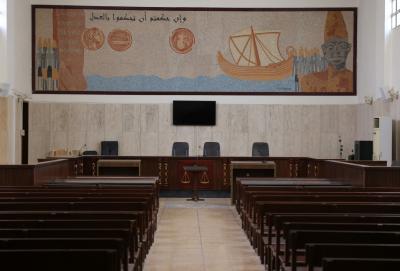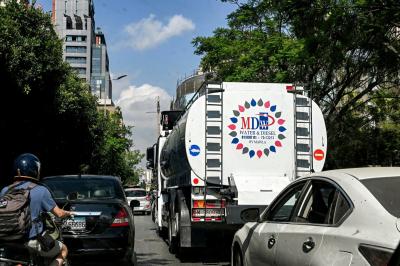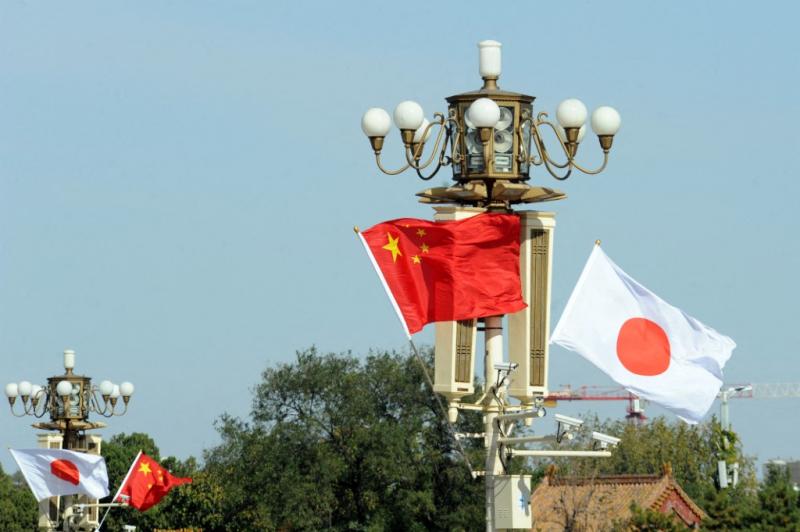Lebanon’s economy veered off its battered and pothole-ridden course in the autumn of 2019, plunging into the “valley” of collapse. According to the Lebanon Economic Monitor Spring 2025 report, released periodically by the World Bank, the country’s economy has since shrunk by 40%. Six years on, “economic prospects remain constrained by fragile stability in the political and security environment,” the report notes. Meanwhile, the unresolved financial crisis continues to block large capital inflows and private investment.
In tone, the World Bank’s latest report adopts a slightly softer, more admonishing language compared to previous editions. Its title asks the critical question: “Is the Course Changing?” Yet the substance remains stark: “economic prospects are hostage to fragile political and security stability,” while public finance remains under severe pressure, and there is “an urgent need for broader structural reforms to secure long-term sustainability.”
Acknowledging this reality, the report dedicates a special chapter to a comprehensive one-year policy action plan, consolidating key lessons from years of the World Bank’s programs, projects, and policy dialogue in Lebanon.
A History of Warnings
As the old saying goes, “Look back at the past only to learn from it or to gain wisdom.” It seems Lebanon’s leaders have done neither, at least since 2019. A glance at the World Bank’s Lebanon Economic Monitor reports—published biannually, in spring and autumn—shows how officials have responded to the crisis, why Lebanon failed to exit its turmoil swiftly, and how the country reached this level of dysfunction and fragmentation.
Autumn 2020: “Deliberate Depression”—described how the sudden halt in capital inflows triggered systemic failures in the banking sector, debt, and exchange rate.
Spring 2021: “Lebanon Sinks: Towards One of the Worst Global Crises Amidst Deliberate Inaction”
Autumn 2021: “The Great Denial”—argued the depression was self-imposed, enforced on ordinary citizens by an elite that captured the state and monopolized its economic rents, continuing their dominance despite the severity of the crisis.
Autumn 2022: “It Is Time for an Equitable Banking Sector Restructuring”—highlighted obstacles to a comprehensive solution, focusing on disputes among stakeholders over the distribution of massive financial sector losses.
Spring 2023: “Crisis Normalization Is Not a Path to Stability”—examined Lebanon’s continued economic deterioration as the crisis became normalized, diverging further from stability and recovery.
Autumn 2023: “In the Grip of a New Crisis”—analyzed the economic impact of Lebanon’s conflict with Israel, evaluating the effects on growth prospects amid prolonged political and institutional paralysis.
Autumn 2024: “Mounting Burdens on a Crisis-Weary Nation”—explored key economic developments and their implications for the future, with a special section analyzing the impact of conflict on consumption, net exports (especially tourism revenues, a cornerstone of the economy), following the major escalation in mid-September 2024.
More of the Same
The 2025 report offers no sign of renewal or meaningful reform. Despite filling the political vacuum and the new government’s declared intent to implement reforms, vested interests continue to dominate at the expense of the public good. The banking crisis remains unresolved, security conditions are still fragile, and structural reforms in the public and banking sectors have yet to materialize. Monetary stability remains hostage to spending pressures, despite growing social needs. The external sector continues to face severe strain, with the current account deficit projected at 15.3% of GDP this year. External balance estimates remain unreliable, distorted by the informal economy and cash-based transactions.
Building on Positives
Nonetheless, the World Bank’s latest report identifies some positive elements that could serve as a foundation:
- Real GDP growth is projected at 4.7%, driven by anticipated reform progress, tourism recovery, increased consumption, and limited capital inflows.
- Inflation is expected to ease to 15.2%, assuming exchange rate stability and declining global inflation.
- Continued improvement in public finances, with higher revenue collection and a balanced 2025 budget approved by decree.
- Space for greater public spending on essential services and much-needed capital investment.
A One-Year Plan
In light of these conditions, and to capitalize on any progress, the World Bank has laid out a roadmap for Lebanon, aimed at achieving four priorities within a year:
- Halting financial and economic deterioration and identifying growth enablers.
- Strengthening social protection.
- Combating waste, resource mismanagement, and corruption.
- Preparing a fair parliamentary election law.
The proposed policy measures focus on restoring macroeconomic and financial stability, rebuilding citizen trust, and laying the groundwork for a new, successful development model.
Please post your comments on:
[email protected]
 Politics
Politics




